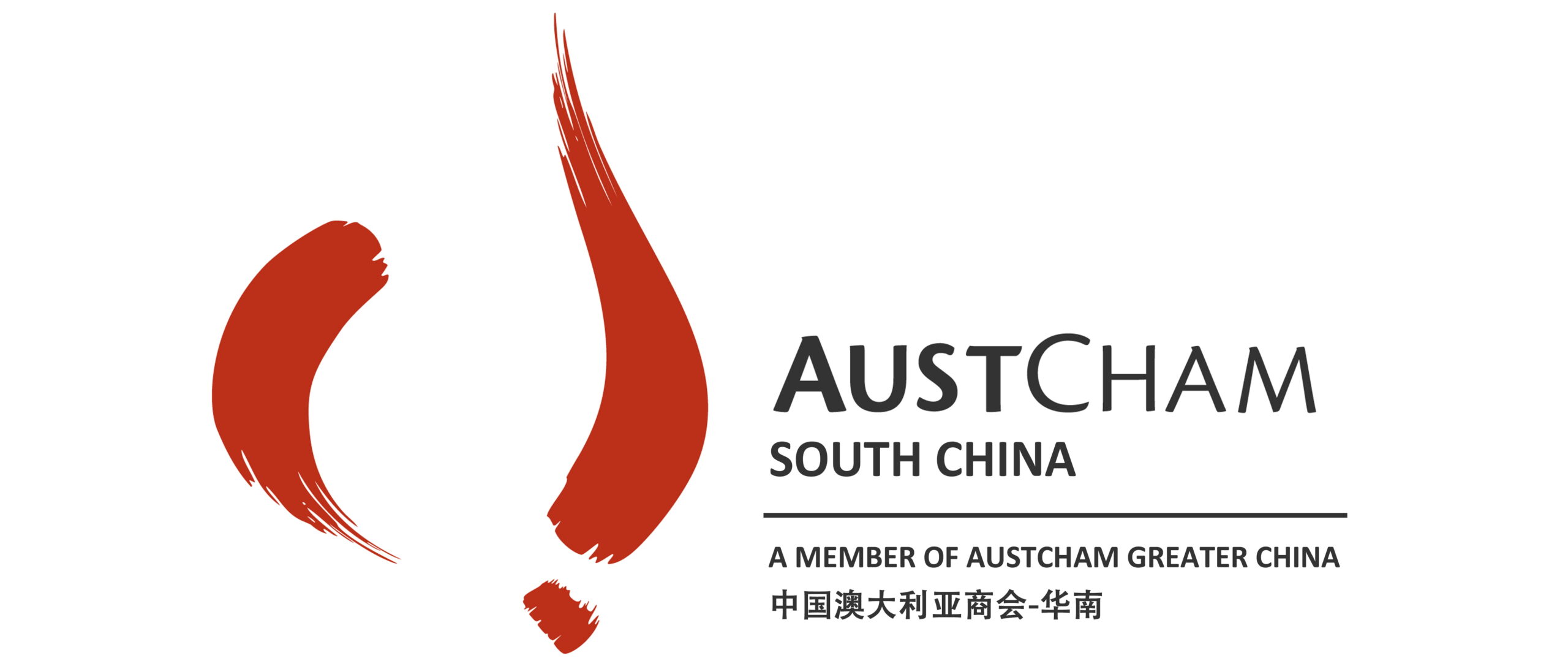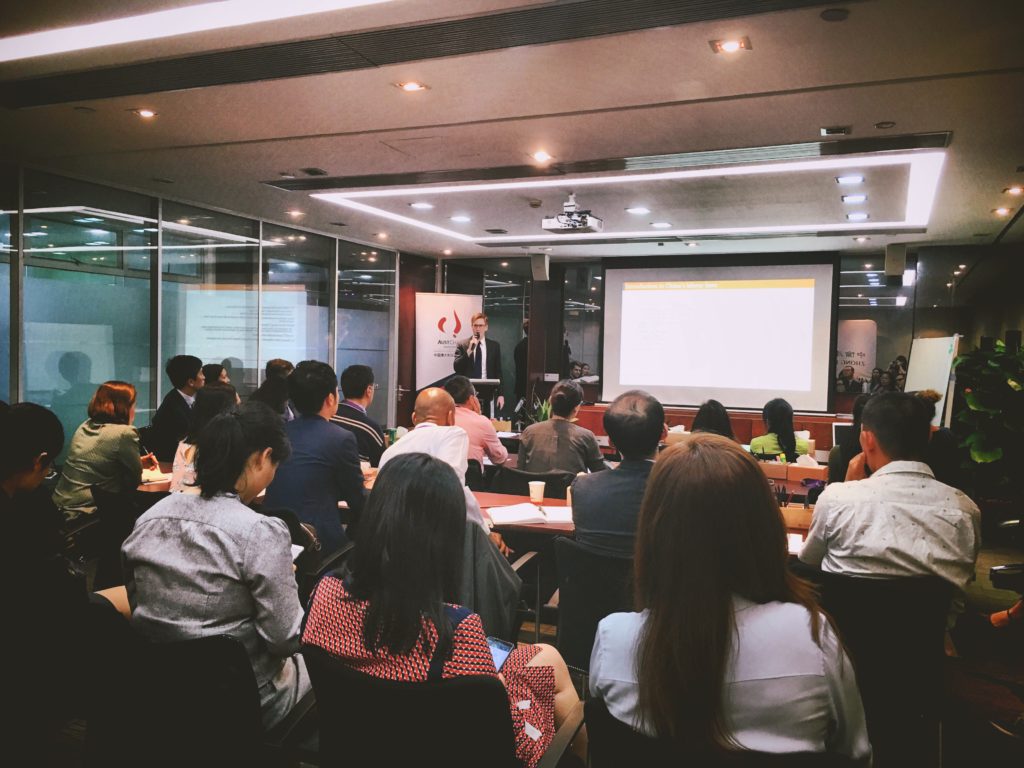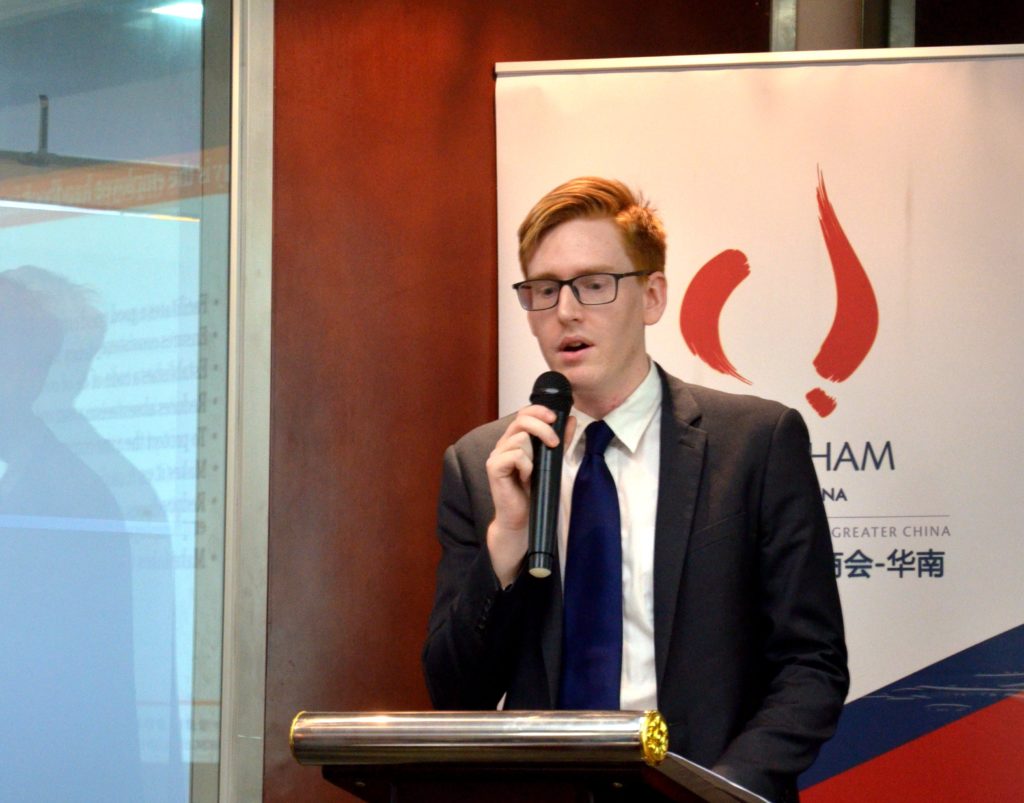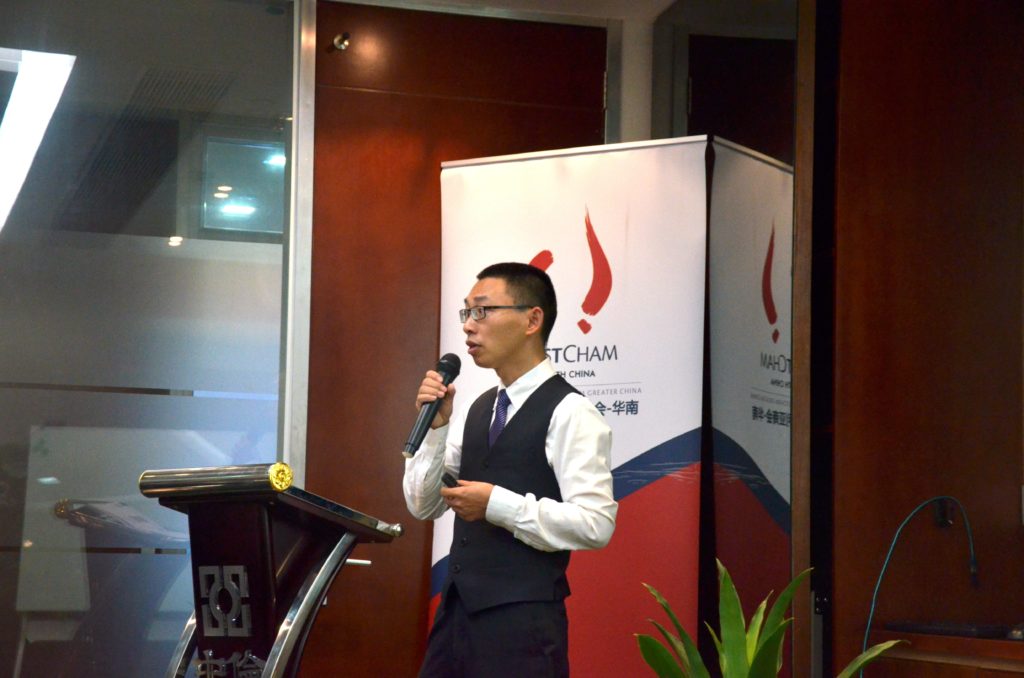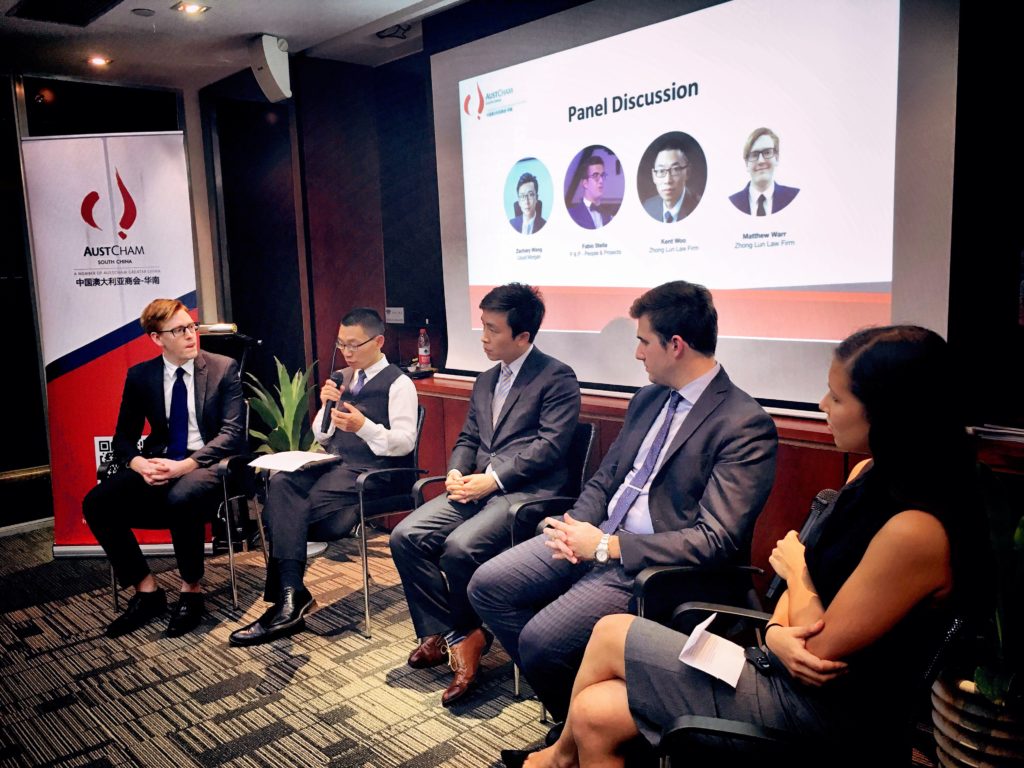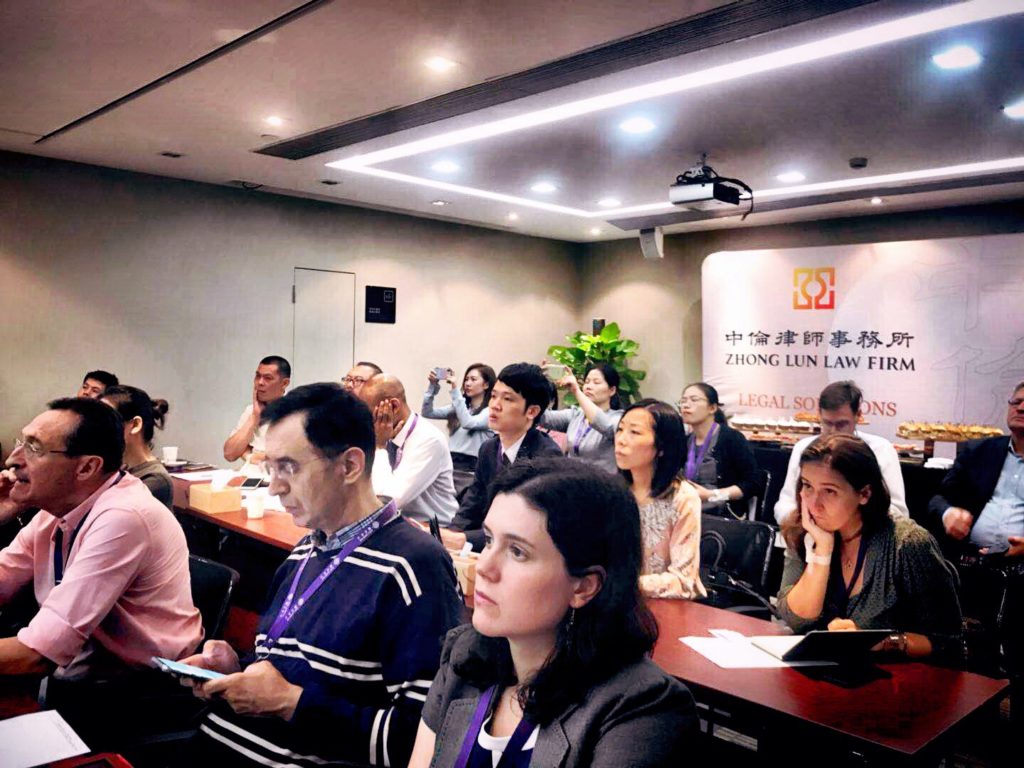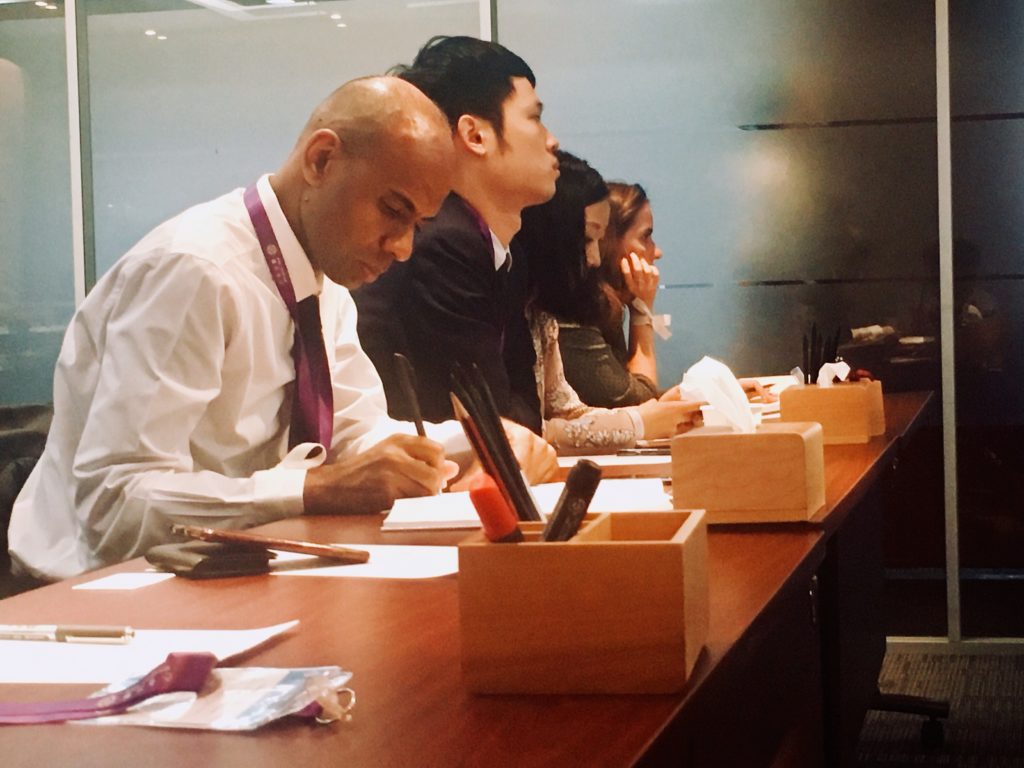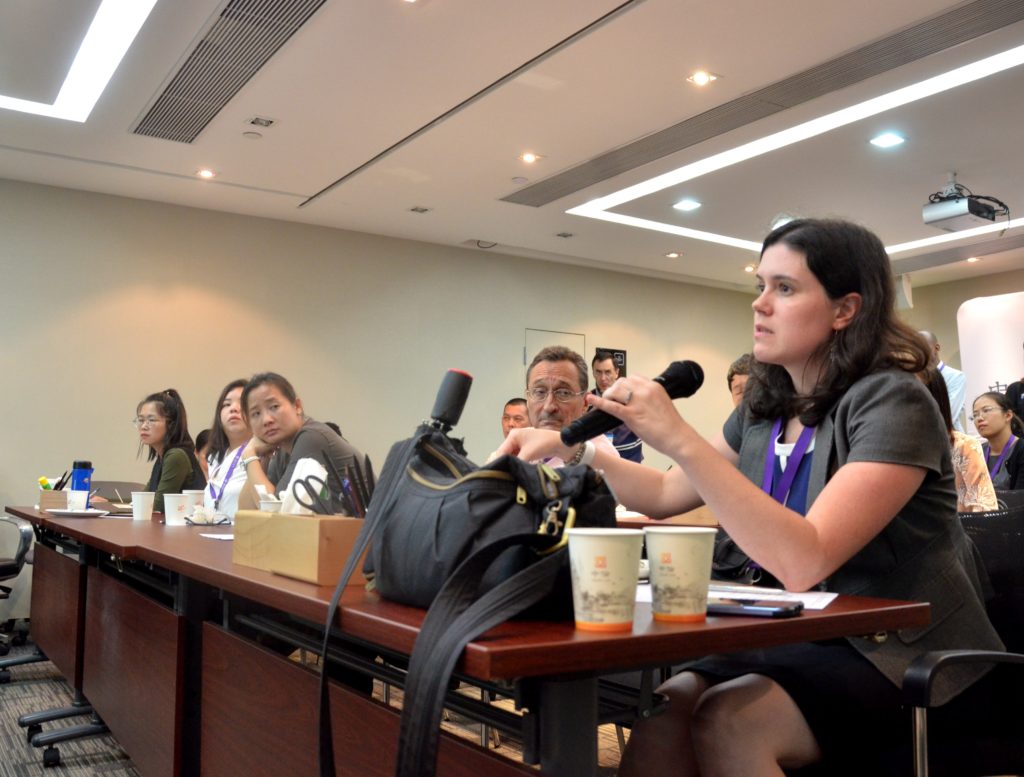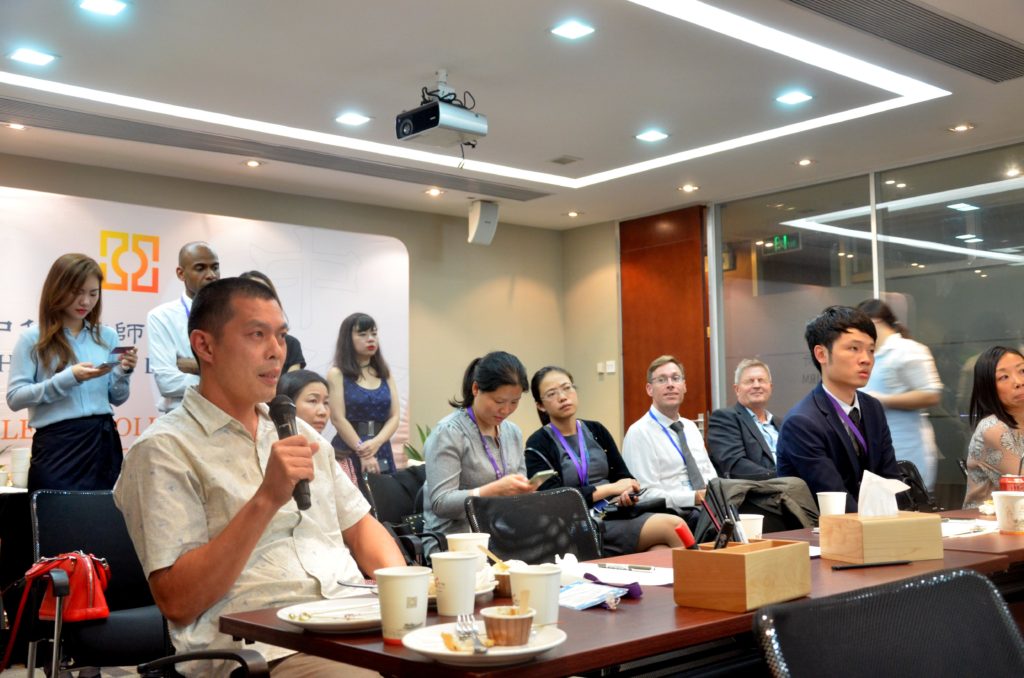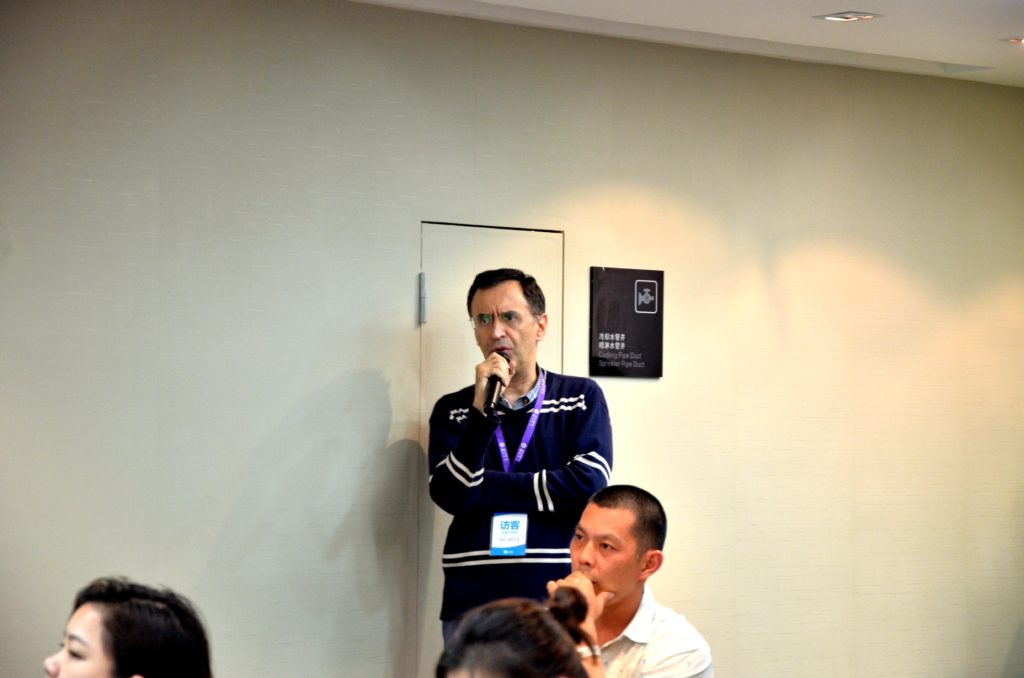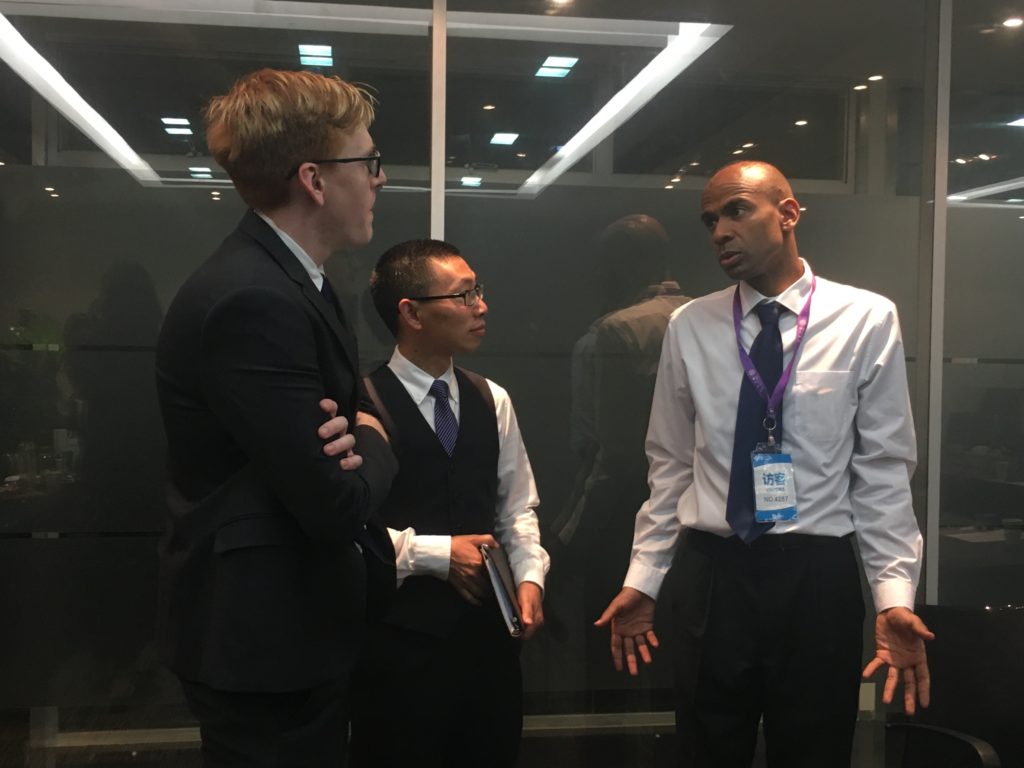Yesterday, AustCham, Zhong Lun Law Firm, and P&P – People & Projects held a HR Legal seminar with two complimentary presentations, a well-rounded panel discussion, and Q&A section. Zachary Wang from Lloyd Morgan, Fabio Stella from P & P, Matthew Warr and Kent Woo from Zhong Lun Law Firm, clarified essential HR legal and tax issues.
Employee handbook helps to reduce labor-related disputes in China
The first part presented by Matthew Warr and Kent Woo was regarding China’s labour laws and employee handbook.
In Chinese labor disputes, the burden of proof always lies with the employer. Although employee handbook is not required by Chinese law (like labor contracts), it’s an added layer of protection for a company if labor-related disputes with employees arise. A well-drafted employee handbook can facilitates a good employer – employee relationship, establishes a code of conduct and reduces employer’s legal liability for illegal acts committed by rogue employees.
Recommended content for your employee handbook includes:
– Behavioural Standards & Disciplinary Procedures
– Standards for Recruitment
– Performance Assessment
– Termination
Tax filings, residency status and insurance contribution for foreigner
The second part followed on, featuring tax and insurance related questions and practical solutions, presented by Fabio Stella.
Tax filings
The totality of employees living in China are required to pay Individual Income Tax (IIT):
From the employee living in China for less than one year, IIT on all income earned in China and to the employee living in China for 5 consecutive full years, IIT on all income earned in China as well as income derived from outside China.
Full year of residence means:
Living in China from 1 January to 31 December with temporary absence for:
• Not more than 30 consecutive days
• Not more than 90 cumulative days
And for those who live in China for 5 consecutive full years , depending on the presence of a DTA agreement between China and the jurisdiction targeted for the time to be spent out the individual can decide to block once for all the impact of China’s Worldwide Taxation by spending either 90 or 183 days away from here.
Pension and Residency Status
Till your presence is related to a Work & Residence Permit your status is subject to employment as well as an age limit to land that very permit. Once leaving, the foreign employee can only claim back the personal contribution part which refers to the Pension insurance fund.
Severance Pay
ForChina Labor Law whenever a contract is left expiring without providing arenewal for the same or an higher wage to the employee, that situation isdeemed exactly as a mutually agreed termination to be compensated with averagemonthly wage*each year spent in the company.
Housing Allowance
It is widely understood that housing allowances for foreign employees are to be considered as tax deductible.Practical Guidelines actually forbid taxdeductible arrangements for housing allowances paid as part of the monthly salary. The only workable solution in order to have that right granted and comply with the Tax Authorities’ provision is to handle that payment asreimbursement after presenting an official FAPIAO.
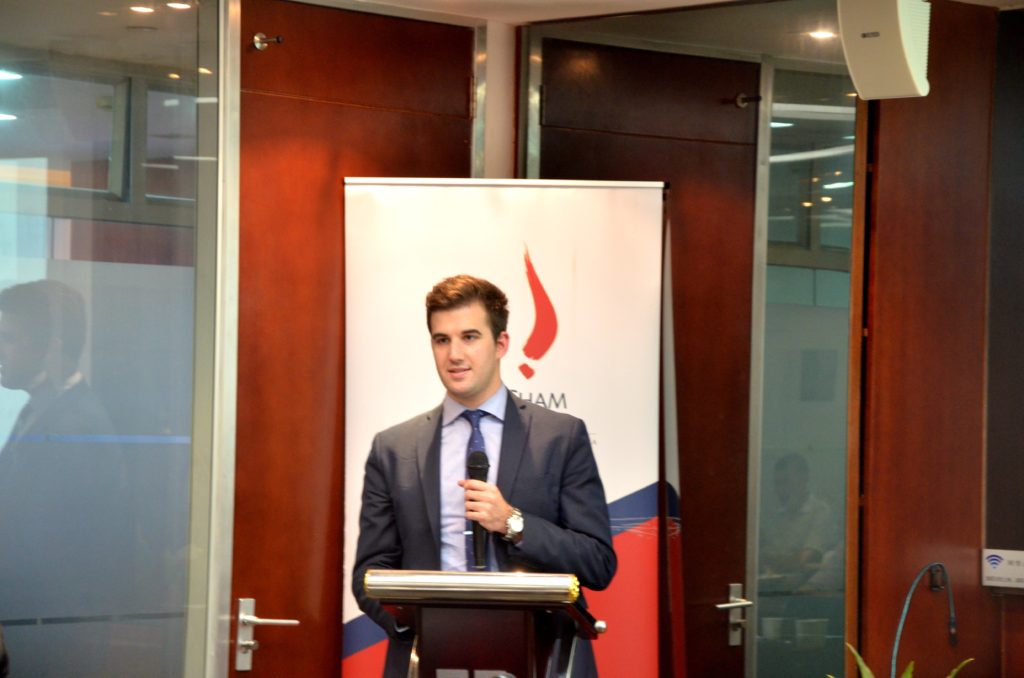 After presentations, the panelists discussed and answered attendees’ questions in the Q&A section. The seminar came to an end with delicate tea break and valuable networking. AustCham received lots of positive feedbacks and we are willing to hold more informative seminars and keep bringing value to our audiences.
After presentations, the panelists discussed and answered attendees’ questions in the Q&A section. The seminar came to an end with delicate tea break and valuable networking. AustCham received lots of positive feedbacks and we are willing to hold more informative seminars and keep bringing value to our audiences.
